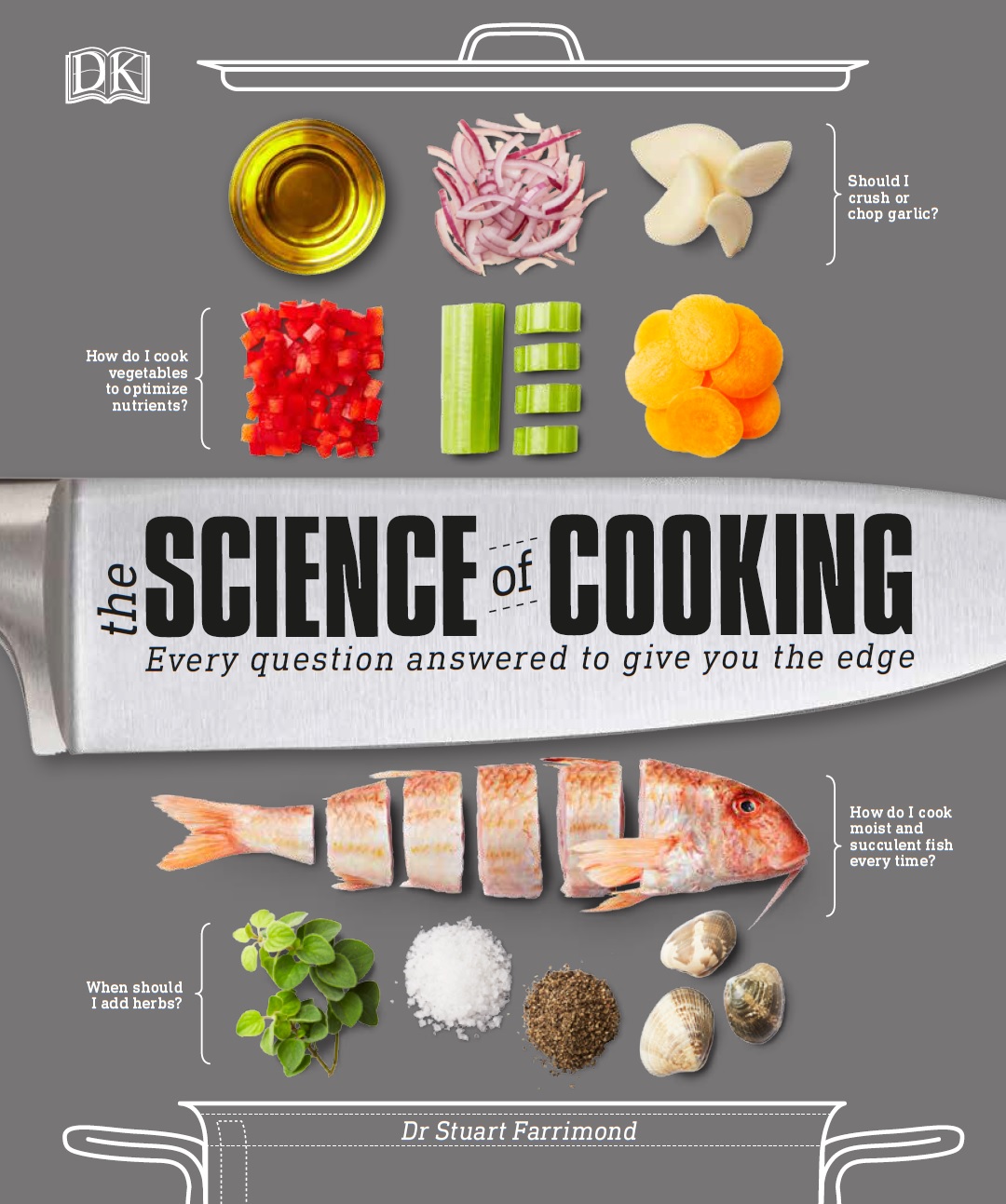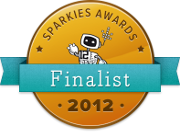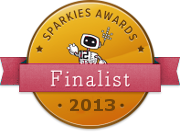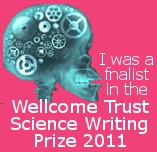 As a science writer who writes a lot about health, I spend more time than most scouring the internet for medicine-related information. Unfortunately, the advice that ‘Dr Google’ prescribes is all-too-often a bit dodgy. Search ‘how to treat my headache’, for example, and in alongside the sensible suggestions are some rather more dubious and laughable ‘natural cures’. Search for answers to child health problems and things get far scarier. A 2010 paper showed that only 39% of the top 500 Google results gave correct information about specific child health questions. Search queries related to mumps, measles and rubella and autism yielded the the most misleading information.
As a science writer who writes a lot about health, I spend more time than most scouring the internet for medicine-related information. Unfortunately, the advice that ‘Dr Google’ prescribes is all-too-often a bit dodgy. Search ‘how to treat my headache’, for example, and in alongside the sensible suggestions are some rather more dubious and laughable ‘natural cures’. Search for answers to child health problems and things get far scarier. A 2010 paper showed that only 39% of the top 500 Google results gave correct information about specific child health questions. Search queries related to mumps, measles and rubella and autism yielded the the most misleading information.
It was exciting, therefore, to learn of Google’s new effort to rid the internet of dodgy advice and quackery. Today, all search results are ranked according to popularity (crudely speaking); dodgy science seen as ‘trustworthy’ by appears toward the top of search rankings, regardless of how erroneous it may be. Published research reveals how Google ‘want to’ organise search results according to their accuracy.
Unseen to the casual surfer, Google have been cataloguing a vast database of facts (1.6 billion and counting). Important dates, names, places and definitions culminate in the ever-growing ‘Knowledge Vault’. It’s this resource that is used to generate summarised search answers (see image) and the voice-activated ‘Ok Google’ answers.
The New Scientist and other reputable sources ran with the story that the internet giant intend to use the Knowledge Vault and other web resources to count the number of inaccuracies on every single webpage. Those with a high volume of errors would be penalised and appear lower in search rankings.
As you might imagine, it wasn’t long before a fiery debate erupted. For many, this was another example of the ‘big G’ trying control the masses and usher in an Orwellian-style future.
Ok Google, is this story true?
In an ironic twist to the tale, it has now emerged that the controversy is overblown and born out of some careless reporting – reporting that certainly wouldn’t pass the knowledge vault test! In a recent episode of the SEO101 podcast (a great listen for any web designer), famed Google employee and Webmaster Trends Analyst John Mueller put the story to rest:
“That [idea] was essentially a research paper – not something that we actually use in search. We do a lot of research papers [and] we do a lot of patents on lots of interesting ideas … in this case it’s not something that we actually implement.”
You can read the actual research paper here. Mueller dismissed the notion that Google are taking the fact rank idea seriously. He discussed the difficulty of reliably distinguishing ‘fact’ from ‘fallacy’ on a range of issues:
“It’s really hard sometimes because you ask Google [something] like, ‘who killed JFK?’ That’s probably not something that where Google could just say, ‘well, this is the absolute answer and no other theories have any place in your head’ [and] like, ‘you should believe this’.”
“There are a lot of topics like that, where you want to see [a] diverse set of results; where you want to see a diverse set of viewpoints – you don’t want just one answer.”
Notwithstanding the exceptions:
“Of course, there are other topics like, ‘what is two plus five?’. [For these questions] you want the answer; that’s something a bit different. But for a lot of search results we can’t really say, ‘this is correct’ or ‘this is not correct.’ And even if you look at webpages, it’s not that you could rate them and say, ‘well, this is a perfect website that has absolutely pure facts on it.’”
In my opinion this is all good news. For despite many of our irritations over factually-inaccurate health advice and pseudoscience appearing search results, it is important that inaccurate information isn’t wholly filtered from view. For one thing, there are times when it is useful to learn about what the charlatans of the moment are up to and how we can better know how to spot them. At the moment, the freedom to voice unconventional ideas is more important than having a ‘truth rank’. And if nothing else, this whole debacle teaches us all an important lesson for to be critical and thoughtful about everything we read.
Thanks for reading – all opinions expressed are my own. Feel free to add your thoughts in the comments below.
Follow @realdoctorstu
.
Image Credit: Wikimedia</a










Discussion
No comments yet.